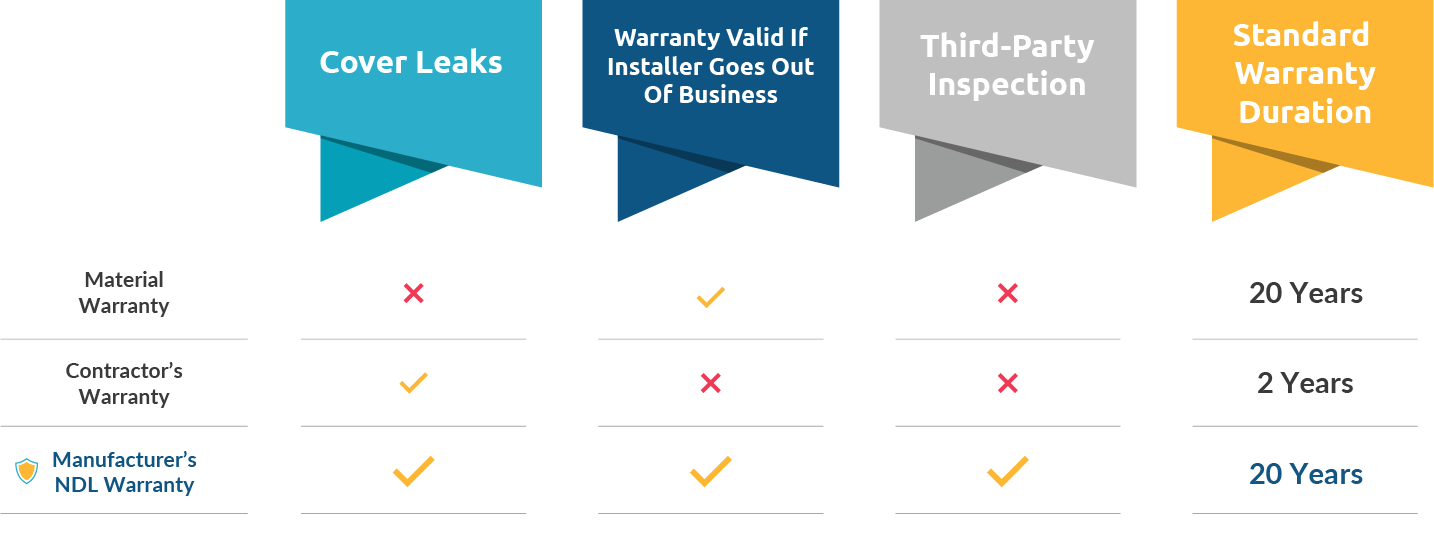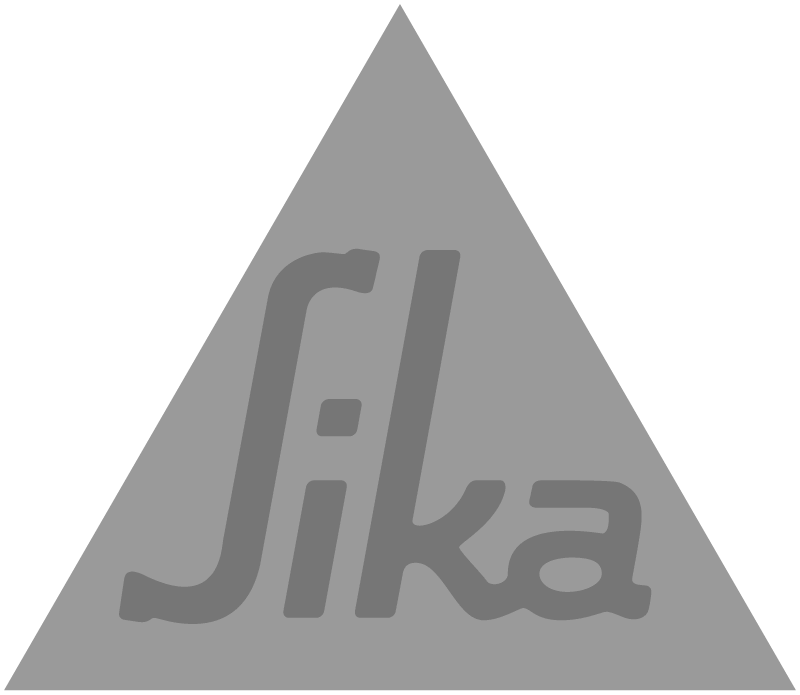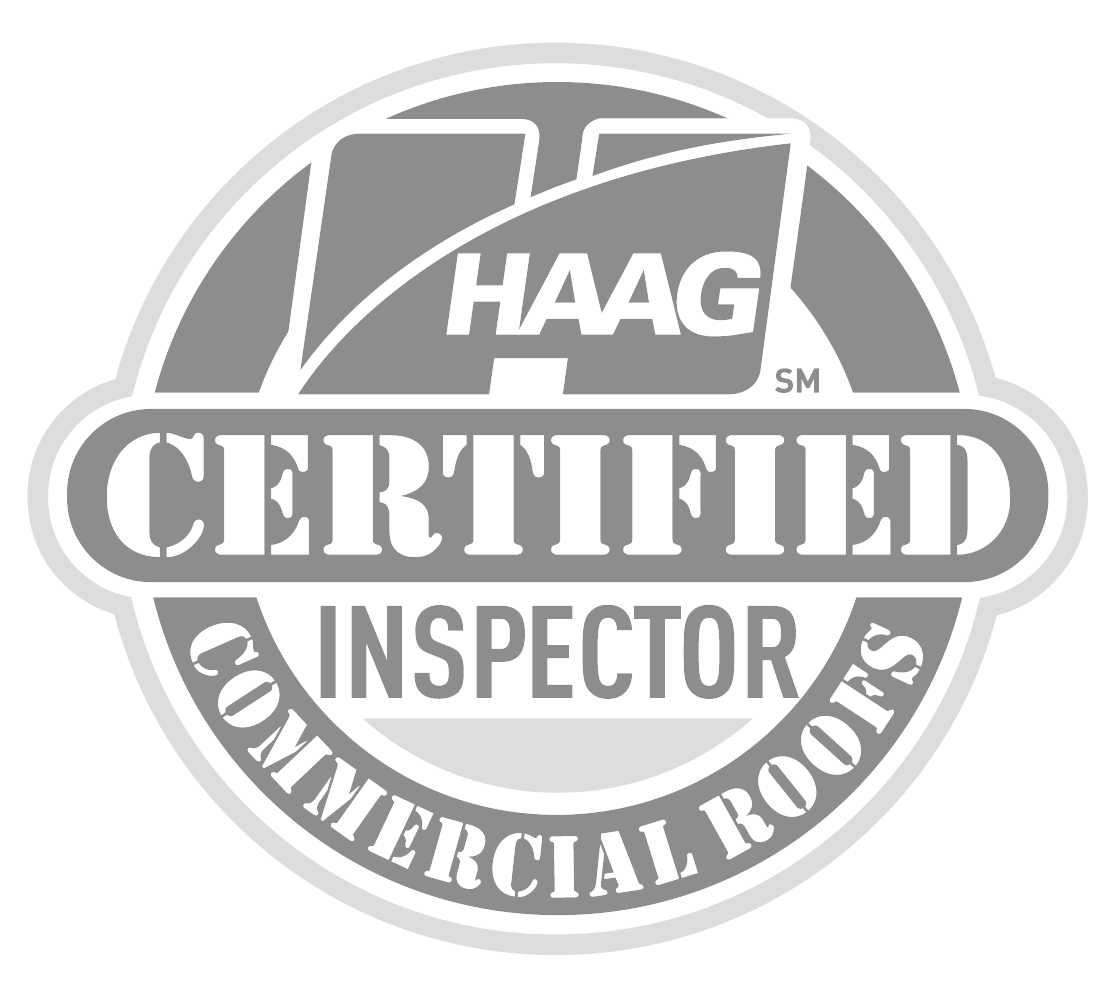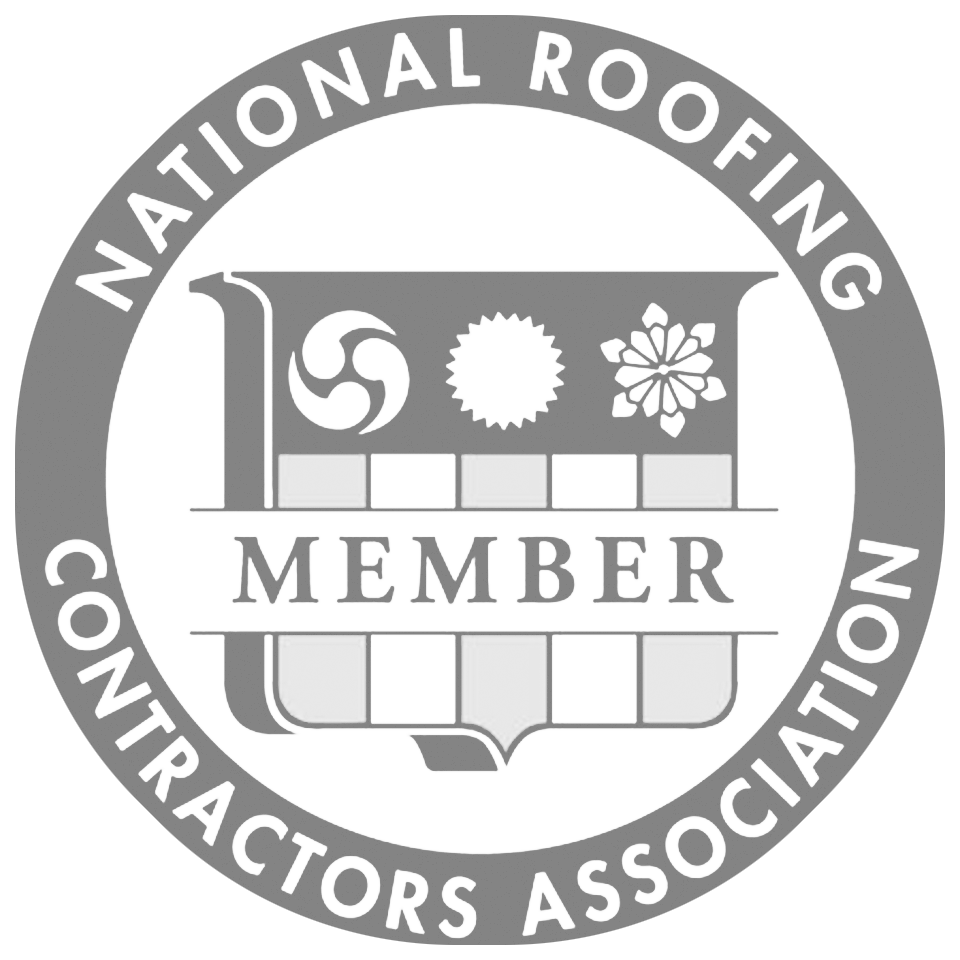Commercial Roof Warranties
When a roof is repaired or replaced, it’s very important for the building owner or manager to understand what warranty they will receive with the work that was performed. There are several different types of warranties that roofing contractors offer, but they all have significant differences in what they actually cover.
Warranty Types
Material Warranty
Most common warranty and usually up to 50 years.
Contractor's Warranty
A warranty provided by the contractor can cover anything that the contractor chooses to warrant
Manufacturer’s NDL Warranty
A manufacturer’s NDL warranty is the strongest warranty in the industry. In order to even offer an NDL warranty, a contractor must be licensed or certified by that manufacturer.
Parsons Guarantee
Parsons Roofing Company offers all three warranty options with every re-roof proposal that we submit.
Only a reliable roofing contractor will keep you protected.
Parsons Roofing Company is affiliated with these top-tier supplies and is proud to offer its NDL warranties. The ability to offer these warranties is a privilege based on three defining criteria: Our financial stability as a company, Our record of success, quality project completion, and High-quality manufacturer inspections of our workmanship.
Learn more about roof warranties
Roof warranties can be confusing and vary between roofing companies. It’s important to understand the warranties for your roof but more importantly the reliability of the roofing contractor that installs your roof.
Understand Roof Warranties
Parsons Roofing Company offers all three warranty options with every re-roof proposal that we submit.
We do this every time in order to offer our customers the best solutions available.
Material Warranty
The most common warranty offered is a material warranty. This type of warranty often come with long coverage periods of up to 50 years for some products. Material warranties do not cover the cost to repair leaks. So, what do they cover? In general, these warranties ONLY cover the cost to replace the material if there happens to be a defect in the material that was caused during the manufacturing process. Although it does add peace of mind, a material warranty comes into effect very rarely and has many caveats that may void it.
Contractor’s Warranty
A warranty provided by the contractor can cover anything that the contractor chooses to warrant, so it’s essential to read the warranty beforehand and obtain a copy in writing after the job is performed. In general, though, a contractor’s warranty covers the cost of labor and materials to repair a roof leak that is caused by defects in the original workmanship.
These types of warranties usually do not have long periods of coverage from the installation date, with 2-5 years being the standard. There is no inspection by a third party to ensure that the work is performed correctly. Also, if a contractor goes out of business, the building owner has no recourse if a roof leak occurs. Make sure that you trust your contractor if this is the warranty you are relying on.
Manufacturer’s NDL Warranty
Finally, a manufacturer’s NDL warranty is the strongest warranty in the industry. In order to even offer an NDL warranty, a contractor must be licensed or certified by that manufacturer. Some manufacturers require an excellent track record of years in the industry before they will allow a contractor to become certified. The manufacturer requires a pre-approval of the new roofing system that will be installed by their warranty division before work is to be performed. Upon approval, the roof can be installed to the specifications that were submitted.
When the roof is completed, the manufacturer sends its inspector out to ensure that the roof was installed properly and according to specs. If everything passes inspection, the manufacturer will take liability for the warranty and pay the cost of labor and materials to repair covered leaks if they occur. These warranties can be between 5-25 years, with 20-years being the standard. Additionally, if a roofing contractor who performed the work goes out of business, the manufacturer will still maintain the warranty.







